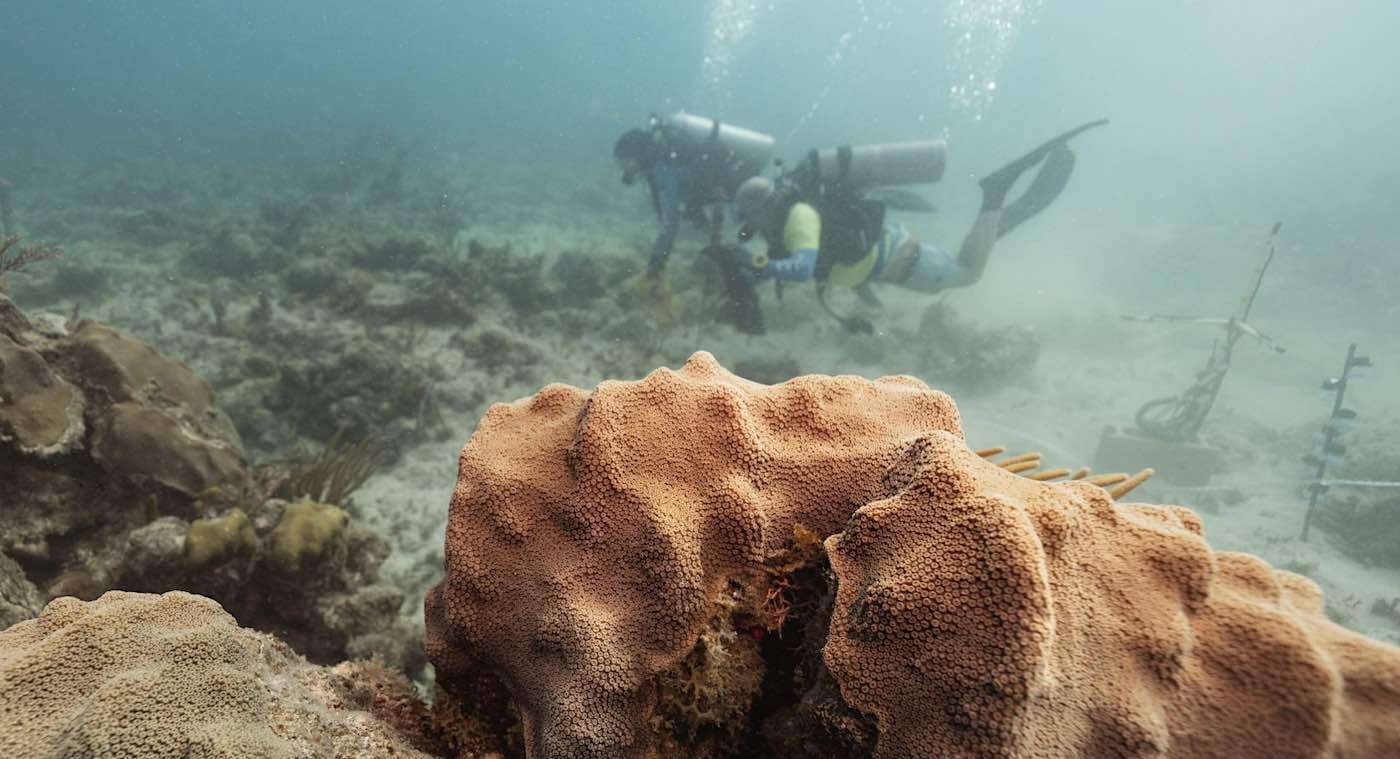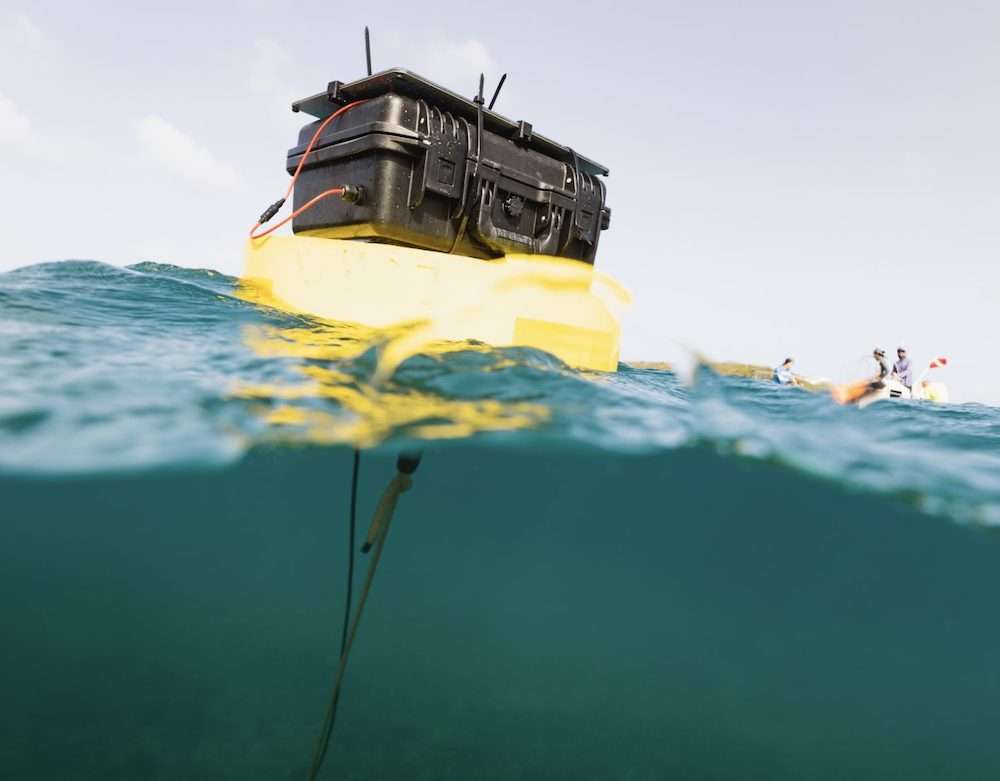The 'Luck of the Irish' is Real: Residents of Ireland Report More Good Fortune and Lucky Charms
A new poll showed the 'luck of the Irish' may be a real thing-with residents of Ireland reporting a greater prevalence of good fortune.

A reef that has been degraded—whether by coral bleaching or disease—can't support the same diversity of species and has a much quieter, less rich soundscape.
But new research from Woods Hole Oceanographic Institution shows that sound could potentially be a vital tool in the effort to restore coral reefs.
A healthy coral reef is noisy, full of the croaks, purrs, and grunts of various fishes and the crackling of snapping shrimp. Scientists believe that coral larvae use this symphony of sounds to help them determine where they should live and grow.
So, replaying healthy reef sounds can encourage new life in damaged or degraded reefs.
In a paper published last week in Royal Society Open Science, the Woods Hole researchers showed that broadcasting the soundscape of a healthy reef caused coral larvae to settle at significantly higher rates—up to seven times more often.
"What we're showing is that you can actively induce coral settlement by playing sounds," said Nadège Aoki, a doctoral candidate at WHOI and first author on the paper.
"You can go to a reef that is degraded in some way and add in the sounds of biological activity from a healthy reef, potentially helping this really important step in the coral life cycle."
Corals are immobile as adults, so the larval stage is their only opportunity to select a good habitat. They swim or drift with the currents, seeking the right conditions to settle out of the water column and affix themselves to the seabed. Previous research has shown that chemical and light cues can influence that decision, but Aoki and her colleagues demonstrate that the soundscape also plays a major role in where corals settle.

The researchers ran the same experiment twice in the U.S. Virgin Islands in 2022. They collected larvae from Porites astreoides, a hardy species commonly known as mustard hill coral thanks to its lumpy shape and yellow color and distributed them in cups at three reefs along the southern coast of St. John. One of those reefs, Tektite, is relatively healthy. The other two, Cocoloba and Salt Pond, are more degraded with sparse coral cover and fewer fish.
At Salt Pond, Aoki and her colleagues installed an underwater speaker system and placed cups of larvae at distances of one, five, 10, and 30 meters from the speakers. They broadcast healthy reef sounds – recorded at Tektite in 2013 – for three nights. They set up similar installations at the other two reefs but didn't play any sounds.
When they collected the cups, the researchers found that significantly more coral larvae had settled in the cups at Salt Pond than the other two reefs. On average, coral larvae settled at rates 1.7 times (and up to 7x) higher with the enriched sound environment.
The highest settlement rates were at five meters from the speakers, but even the cups placed 30 meters away had more larvae settling to the bottom than at Cocoloba and Tektite.
CORAL POSITIVE: See All WS's Inspiring Articles About Reefs
"The fact that settlement is consistently decreasing with distance from the speaker, when all else is kept constant, is particularly important because it shows that these changes are due to the added sound and not other factors," said Aran Mooney, a marine biologist at WHOI and lead author on the paper.
"This gives us a new tool in the toolbox for potentially rebuilding a reef."
Adding the audio is a process that would be relatively simple to implement, too.
"Replicating an acoustic environment is actually quite easy compared to replicating the reef chemical and microbial cues which also play a role in where corals choose to settle," said Amy Apprill, a microbial ecologist at WHOI and a co-author on the paper.
"It appears to be one of the most scalable tools that can be applied to rebuild reefs, so we're really excited about that potential."
BLAST THE GOOD NEWS to Reef Lovers By Sharing on Social Media…
Be the first to comment